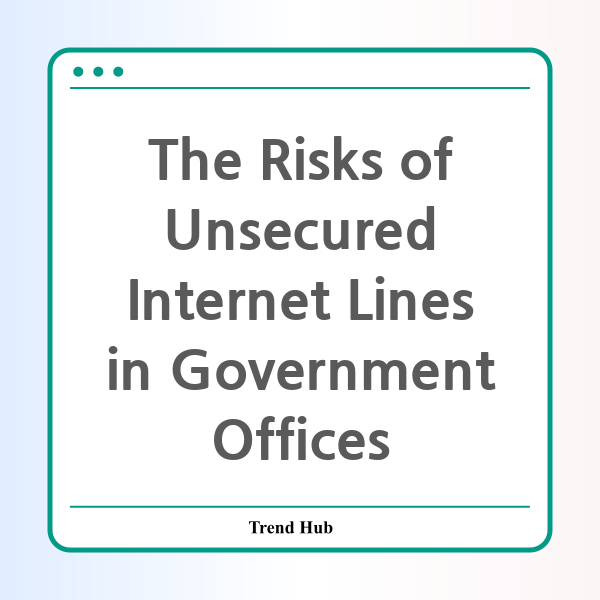* This website participates in the Amazon Affiliate Program and earns from qualifying purchases.

What happens when security protocols are overlooked in high-stakes environments like the Pentagon? In a shocking revelation, it was reported that Defense Secretary Pete Hegseth had an unsecured internet line set up in his office specifically to connect to the messaging service Signal. This development raises serious concerns about the implications for national security, the protection of sensitive information, and the overall integrity of communication channels within governmental operations.
The use of an unsecured internet connection, often referred to in the tech industry as a "dirty line," allows a user to bypass the Pentagon’s stringent security protocols. This unsecured line connects directly to the public internet, which unfortunately provides hackers and other malicious actors an easier pathway to intercept data. Key officials familiar with the situation have expressed alarm over the potential risk this poses for sensitive defense information.
In the technical landscape, Pentagon officials have access to several secure communication methods designed to protect classified information:
- Non-classified Internet Protocol Router Network (NIPRNet): Designed for unclassified information, this network is firewalled to provide a level of security.
- Secure Internet Protocol Router Network (SIPRNet): This network is used for secret-level classified information, providing more robust protections.
- Joint Worldwide Intelligence Communications System (JWICS): This system is reserved for top-secret and compartmentalized information, representing the highest security standards.
Despite these options, Hegseth reportedly opted for a private connection that would keep his activities masked from the standard Defense Department IP addresses. The motivation behind using such a connection appears to stem from a desire to engage in unmonitored communications, potentially discussing sensitive matters that would not be permitted through the designated channels. However, this decision not only contravenes established communication protocols but also significantly compromises security.
The implications of this breach cannot be understated. Communication methods like Signal, while encrypted, are not immune to hacking. The risks are compounded when confidential information is exchanged over any unsecured connection. Cybersecurity experts warn that adversaries, such as foreign governments, have a keen interest in targeting government officials through such platforms. There’s a legitimate concern that misuse of communication channels could lead to critical information falling into the wrong hands.
Furthermore, the case of Hegseth's unsecured communication has prompted scrutiny not only from political opponents but also from within the Pentagon itself. In an environment where every detail can be a matter of national security, using unauthorized channels raises serious questions about the individual's judgment and adherence to protocol. The fallout from such actions can be severe, leading to potential public safety risks and international implications.
In light of these events, it is crucial for governmental officials to understand the importance of compliance with established communication protocols. The encouragement to use secure channels is not merely bureaucratic red tape; it is a necessary measure to safeguard national security. Sensitive discussions regarding military operations or national defense tactics must be conducted with the utmost care to prevent any potential leaks that could jeopardize missions or endanger lives.
As we reflect on the importance of internet security within government operations, it becomes clear that vigilance and adherence to protocols are paramount. The actions taken by individuals in power can have far-reaching consequences, and it is the responsibility of all officials to prioritize the security of their communications to protect not just themselves but the entire nation.
* This website participates in the Amazon Affiliate Program and earns from qualifying purchases.